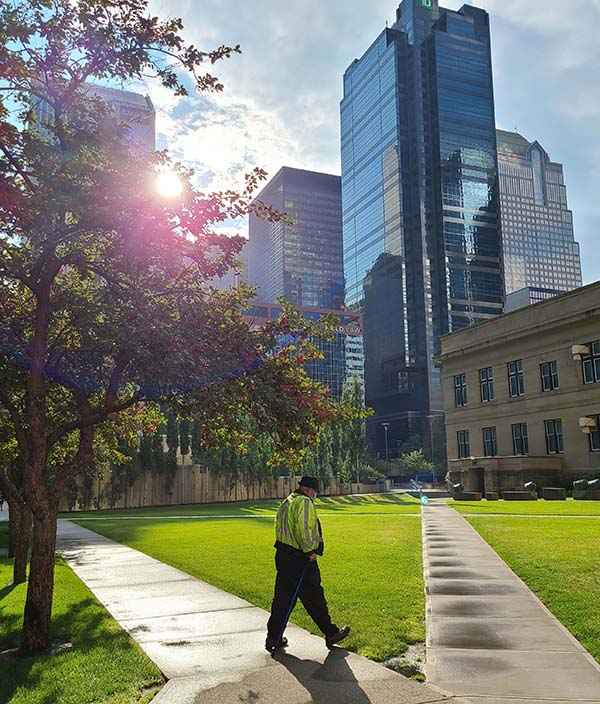
master of counselling
CBT for Anxiety: What to Expect
Untreated anxiety in teenagers can lead to significant emotional and social consequences. Teens may experience increased feelings of isolation as they withdraw from social interactions due to their apprehension over perceived threats in various settings. This withdrawal can stunt their social development, making it difficult for them to form meaningful relationships and participate in activities that are vital for emotional growth. The persistent state of dread and nervous behavior often associated with untreated anxiety can also lead to misunderstandings with peers, further alienating the affected teen.
The impact of untreated anxiety on a teenager's academic performance is profound. Anxiety disrupts concentration, leading to difficulties in retaining information and completing assignments. The pressure of academic expectations combined with the inability to focus exacerbates stress levels, creating a cycle that hampers educational achievement. Over time, this not only affects grades but also diminishes self-esteem and motivation, potentially altering the teen's educational trajectory.
master of counselling

